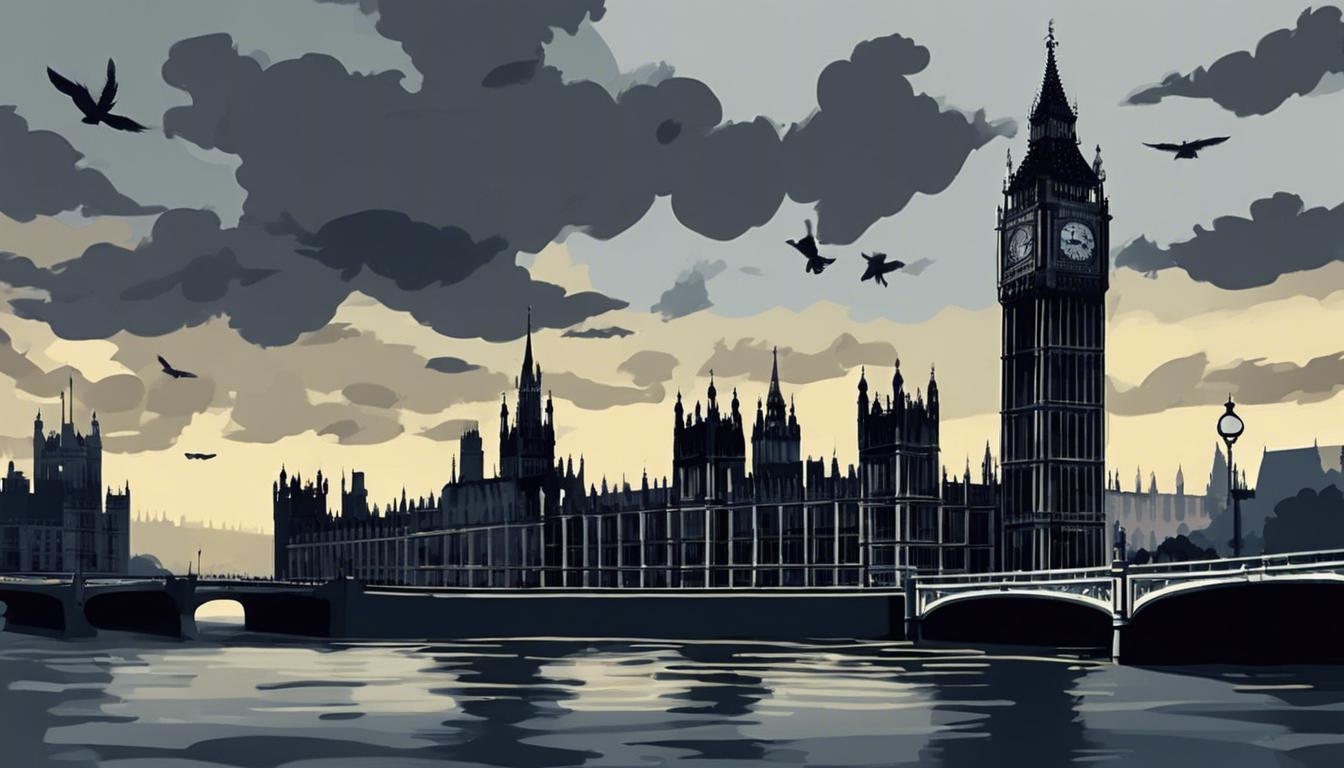The Conservative Party is facing a notable departure of experience with 66 MPs choosing not to run in the next general election, amidst challenges to Prime Minister Rishi Sunak’s leadership and a difficult electoral outlook.
The United Kingdom’s Conservative Party is on the brink of losing a vast expanse of parliamentary experience as 66 Tory Members of Parliament (MPs) have declared their intention not to contend in the next general election. This exodus signifies the departure of nearly 1,000 years of collective parliamentary tenure, highlighted by the decision of Bill Cash, the longest-serving among them since 1984, to step down. This phenomenon is not exclusive to the Tories; the Labour Party is also witnessing the retirement of veterans such as Margaret Beckett and Harriet Harman, who together bring 424 years of experience to the table.
The reasons behind this significant change are manifold, with a noteworthy pattern emerging among the Conservatives: a considerable portion of the MPs leaving have been in office for less than ten years, with nine exiting after a single term. Professor Tim Bale from Queen Mary University of London interprets this trend as a response to the anticipated shift in political power, a common occurrence in UK politics when MPs opt to retire before a probable electoral loss.
In parallel, Prime Minister Rishi Sunak faces escalated challenges from within his party. Following predictions of dismal performance in the forthcoming local elections in May, speculation mounts over a potential no-confidence vote against his leadership. Reports suggest that if the Tories fare poorly, as anticipated by projections from Oxford Professor Colin Rallings indicating that the party may lose up to half of its councillors, at least 52 no-confidence letters could be submitted against Sunak. The situation is exacerbated by the resignation of key allies such as Robert Halfon and James Heappey, marking a critical juncture for Sunak’s tenure.
This collective scenario underscores a period of transition and turbulence within UK politics, particularly for the Conservative Party as it grapples with an imminent generational and leadership shift amidst challenging electoral prospects.













